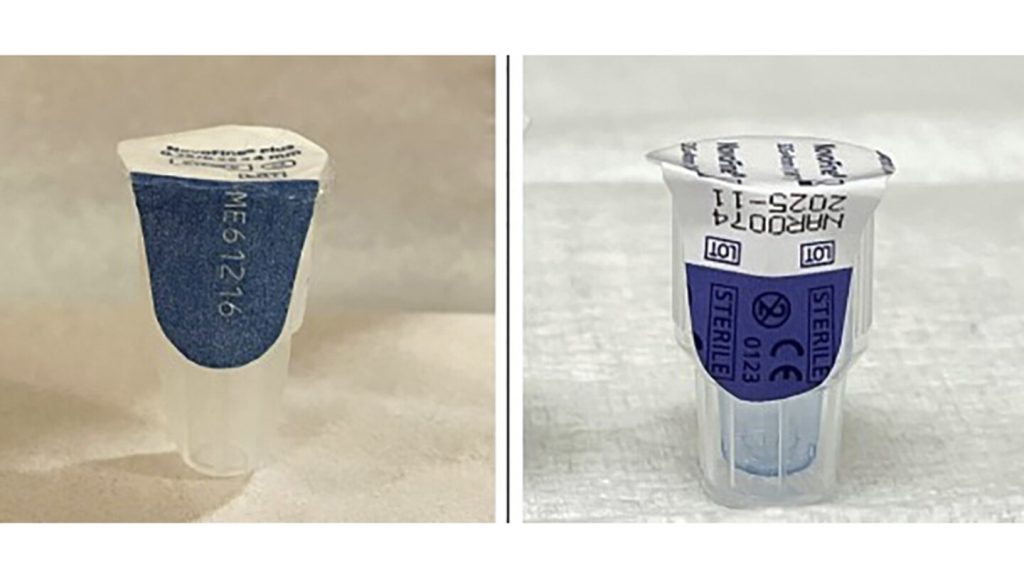The World Health Organization and drugmaker Eli Lilly and Co. are issuing warnings about fake versions of popular weight-loss and diabetes medications, particularly targeting semaglutide, the active ingredient in Novo Nordisk’s Wegovy and Ozempic, as well as tirzepatide, the active ingredient in Lilly’s Mounjaro and Zepbound. Reports of fake semaglutide have been received from all regions of the world since 2022, prompting concerns about the growing online sales and social media promotion of counterfeit drugs. Lilly emphasized that it is the only lawful supplier of tirzepatide drugs and does not provide them to compounding pharmacies, wellness centers, or online retailers. Patients are warned to avoid fake versions of these medications, as they are not safe to use.
Similar warnings have been issued by Novo Nordisk in the past regarding fake versions of its medications. The World Health Organization advises patients to protect themselves by obtaining prescriptions from licensed physicians when purchasing these medications and to avoid buying them from unfamiliar sources. Lilly stresses that any products marketed as tirzepatide but not under the names Mounjaro or Zepbound are not genuine products manufactured by the company and have not been approved by the U.S. Food and Drug Administration. The spread of counterfeit drugs poses significant risks to the health and safety of individuals relying on these medications for weight loss and diabetes management.
The efforts to combat the distribution of fake medications highlight the importance of sourcing pharmaceutical products from authorized and reputable sources. Patients should exercise caution when purchasing medications online and should always verify the legitimacy of the supplier before making a purchase. The alarming trend of counterfeit drugs infiltrating the market underscores the need for increased vigilance and awareness among consumers, healthcare professionals, and regulatory agencies. The World Health Organization and pharmaceutical companies like Eli Lilly are working to raise awareness about the risks associated with fake medications and to protect the public from potential harm.
As the global health community grapples with the challenges of combating the COVID-19 pandemic, the threat of counterfeit drugs adds another layer of complexity to the healthcare landscape. Ensuring the safety and efficacy of medications is crucial for effectively managing chronic conditions like diabetes and obesity. The collaboration between international health organizations and pharmaceutical companies to address the issue of fake medications demonstrates a united front in safeguarding public health. By staying informed and vigilant, individuals can protect themselves from the dangers posed by counterfeit drugs and make informed decisions about their healthcare choices. The ongoing efforts to combat the distribution of fake medications serve as a reminder of the importance of regulatory oversight and consumer education in safeguarding public health.


